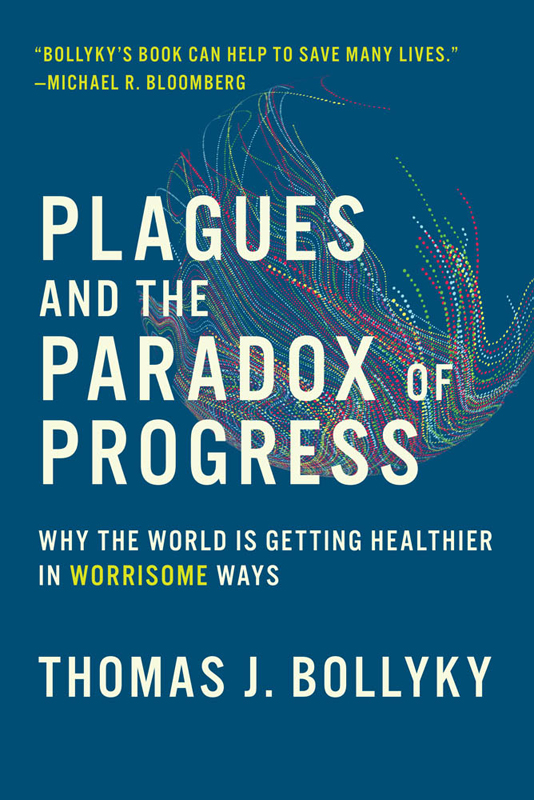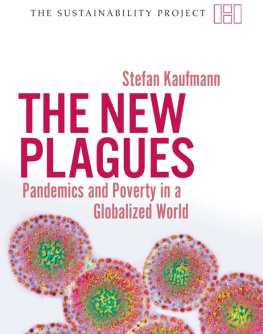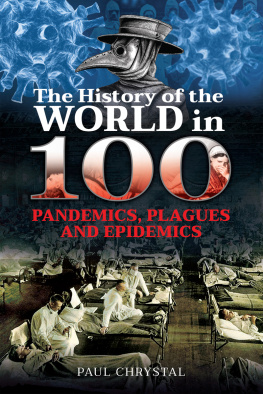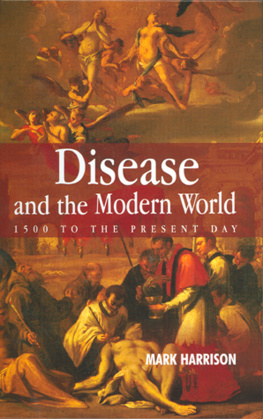Contents
Guide
Pagebreaks of the print version

The Council on Foreign Relations (CFR) is an independent, nonpartisan membership organization, think tank, and publisher dedicated to being a resource for its members, government officials, business executives, journalists, educators and students, civic and religious leaders, and other interested citizens in order to help them better understand the world and the foreign policy choices facing the United States and other countries. Founded in 1921, CFR carries out its mission by maintaining a diverse membership, including special programs to promote interest and develop expertise in the next generation of foreign policy leaders; convening meetings at its headquarters in New York and in Washington, DC, and other cities where senior government officials, members of Congress, global leaders, and prominent thinkers come together with CFR members to discuss and debate major international issues; supporting a Studies Program that fosters independent research, enabling CFR scholars to produce articles, reports, and books and hold roundtables that analyze foreign policy issues and make concrete policy recommendations; publishing Foreign Affairs, the preeminent journal of international affairs and US foreign policy; sponsoring Independent Task Forces that produce reports with both findings and policy prescriptions on the most important foreign policy topics; and providing up-to-date information and analysis about world events and American foreign policy on its website, www.cfr.org.
The Council on Foreign Relations takes no institutional positions on policy issues and has no affiliation with the US government. All views expressed in its publications and on its website are the sole responsibility of the author or authors.
Plagues and the Paradox of Progress
Why the World Is Getting Healthier in Worrisome Ways
Thomas J. Bollyky
A Council on Foreign Relations Book
The MIT Press
Cambridge, Massachusetts
London, England
2018 Thomas J. Bollyky
All rights reserved. No part of this book may be reproduced in any form by any electronic or mechanical means (including photocopying, recording, or information storage and retrieval) without permission in writing from the publisher.
This book was set in Stone Serif by Westchester Publishing Services. Printed and bound in the United States of America.
Library of Congress Cataloging-in-Publication Data
Names: Bollyky, Thomas J., author.
Title: Plagues and the paradox of progress : why the world is getting healthier in worrisome ways / Thomas J. Bollyky.
Description: Cambridge, MA : The MIT Press, [2018] | Includes bibliographical references and index.
Identifiers: LCCN 2017059434 | ISBN 9780262038454 (hardcover : alk. paper)
Subjects: | MESH: Global Healthtrends | Communicable Diseaseshistory | Disease Eradication | Noncommunicable Diseases | Health Status Disparitiestrends | Socioeconomic Factors
Classification: LCC RA418 | NLM WA 530.1 | DDC 362.1dc23 LC record available at https://lccn.loc.gov/2017059434
To my daughters and son, for whom the world should simply get better.
And to my wife and their mother, who makes that seem possible.
Contents
List of Figures
Farms Road Cemetery. Photo: Richard Roberts, 2004. Courtesy of the Stamford Historical Society.
Data sources: US Census Bureau, CDC, Proquest.
AIDS activists protest in Cape Town, South Africa on November 26, 2001. Photo: Anna Zieminski/AFP/Getty Images.
Sources: McEvedy and Jones, Atlas of World Population History, 1978; Kremer, Population Growth and Technological Change, 1993; Williams, Cassells Chronology of World History 2005; Scott, Against the Grain, 2017; Bairoch, Cities and Economic Development, 1988; Morris, Why the West Rules, 2010.
Adapted from Benedictow, The Black Death 13461353 (2006).
Cartoon by Eugene Zim Zimmerman, American City 21 (Sept. 1919): 247.
Adapted from Max Roser/Our World in Data. Data source: Gapminder.
Data source: Institute for Health Metrics and Evaluation, Global Burden of Disease (GBD), 2015.
UK supergroup Band Aid, Columbia Records (1984). Image courtesy of Andrea Bollyky Purcell, published pursuant to fair use.
The skyline of the downtown business district in Addis Ababa, Ethiopia, 2015. Photo: Getty Images.
Data source: Institute for Health Metrics and Evaluation, GBD 2015.
Data source: UN Population Prospects.
Data source: World Bank, World Development Indicators.
Adapted from Soto-Prez-de-Celis, The Royal Philanthropic Expedition of the Vaccine, 2008; Franco-Paredes, Lammoglia, and Santos-Preciado, The Spanish Royal Philanthropic Expedition, 2005.
A man spraying oil on mosquito breeding grounds in Panama. Reprinted with permission from the Library of Congress.
Theodor S. Geisel, This Is Ann: Shes Dying to Meet You. Pamphlet, Washington, DC: United States Government Printing Office, 1943.
Pasquale Caprari, WHO scientist, supervises malaria-campaign workers spraying a hut with DDT in Ghana in 1950. Photo: WHO/UN, Courtesy of WHO.
Ali Maow Maalin, who contracted the worlds last recorded case of endemic smallpox, pictured here in 1979. Photo: WHO/John F. Wickett, Courtesy of WHO.
Data source: Institute for Health Metrics and Evaluation, Financing for Global Health (2016).
Source: Bollyky et al., Health Affairs (2017).
Data source: Institute for Health Metrics and Evaluation, GBD 2015.
Man smoking a cigarette in Bangui, Central African Republic, on February 14, 2014. Photo: Fred Dufour/AFP/Getty Images.
Data source: Institute for Health Metrics and Evaluation, GBD 2015.
A woman crawls toward Ebola burial team members taking the body of her sister away on October 10, 2014, in Monrovia, Liberia. Photo: John Moore/Getty Images.
Data source: Institute for Health Metrics and Evaluation, GBD 2015.
Data source: Institute for Health Metrics and Evaluation, GBD 2015.
Jim Grant promoting child survival at Demba Diop National Stadium in Dakar, Senegal in 1987. Photo: UNICEF/John Isaac, Courtesy of UNICEF.
Contrary to this campaign photo, most of the tedious work of eliminating snails with chopsticks was done by women and elderly, according to China scholar Miriam Gross. Song wenshen: Huace (Beijing: Zhonggong zhongyang nanfang shisan sheng, shi, qu xeufang lingdao xiaozu bangongshi, 1978), 65.
Mao (far left) consults with the Shanghai medical community on the snail fever campaign, June 1957. Song wenshen: Huace (Beijing: Zhonggong zhongyang nanfang shisan sheng, shi, qu xeufang lingdao xiaozu bangongshi, 1978), 11.
Data source: UN World Population Prospects. Adapted from: World Bank, Youth Employment in Sub-Saharan Africa (2014).
Informal industry in the Dharavi slum, Mumbai, 2016. Photo: Johnny Miller/Slum Scapes.
Traffic jam at a crowded street corner in central Dhaka, Bangladesh, February 3, 2017. Photo: Ruby Rascal.
John Edwards, owner of the Southwark Water Works, depicted as Neptune in the Thames River; with a chamber pot for a crown, a trident with dead river animals on the prongs and sewage pouring in across from the water-intake. George Cruikshank, Salus Populi Suprema Lex, 1832. Courtesy of the US National Library of Medicine.








